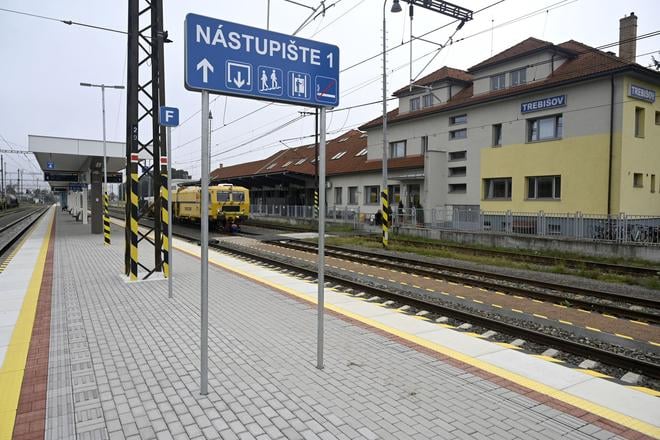From Saturday, rail passengers have to pay extra to buy tickets at station counters or onboard. The national rail operator, ZSSK, has introduced a new service charge: €1 for purchases at ticket offices and €3 for those made on the train.
ZSSK says the fee covers costs associated with in-person ticketing, including staff wages, ticket printing and system maintenance. The charge does not apply to tickets bought online via the ZSSK online shop or app, nor to SMS tickets. Seniors and passengers with disabilities requiring assistance are also exempt.
“Issuing a paper ticket at a counter costs more than €1, whereas digital sales are five times cheaper, under 30 cents. Onboard purchases are even more expensive. This fee aims to cover the cost gap and encourage digital ticketing,” said ZSSK’s CEO, Peter Helexa.
To ease the transition, ZSSK has deployed assistants at ten stations (Bratislava, Trenčín, Nitra, Trnava, Košice, Nové Zámky, Banská Bystrica, Žilina, Prešov and Poprad – Tatry) to help passengers navigate online purchases. The assistance programme runs until March 21.
Backlash
However, the surcharge has sparked backlash. A petition argues that many areas and train stops lack internet access, and not everyone owns a smartphone. Critics also point out that some stations have no ticket office, meaning passengers must pay the higher onboard fee.
Progressive Slovakia, the main opposition party, has condemned the move. MP Martin Dubéci has pledged talks with ZSSK, calling the charge unfair. “Over 54 percent of passengers still buy tickets in person. Many of them are vulnerable groups without internet access or bank accounts,” he said.
ZSSK insists the surcharge is not a fare hike. “Train travel remains the cheapest public transport option,” said spokesperson Dominik Drevický, claiming that similar systems exist in Austria, Germany and France.
Asked by Korzár whether the new service fee discriminates against those without smartphones, Drevický noted that 85 percent of Slovaks use internet-enabled phones. “Exemptions apply for older passengers and those with disabilities,” he said. He also highlighted alternatives such as SMS tickets, which do not require smartphones, and season passes that eliminate daily ticket purchases.


